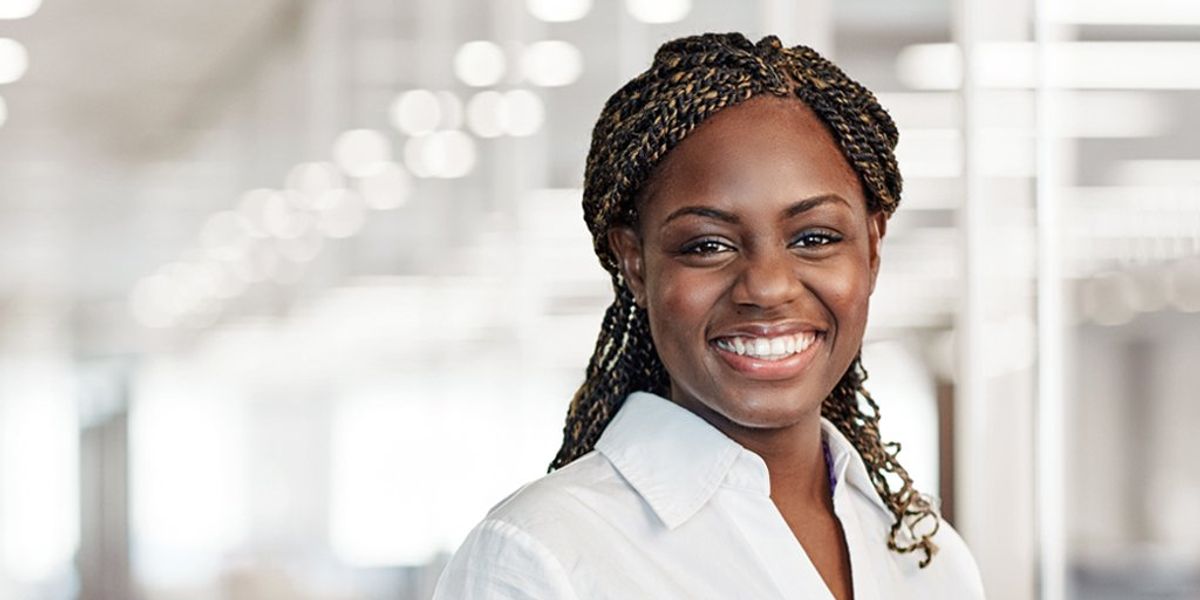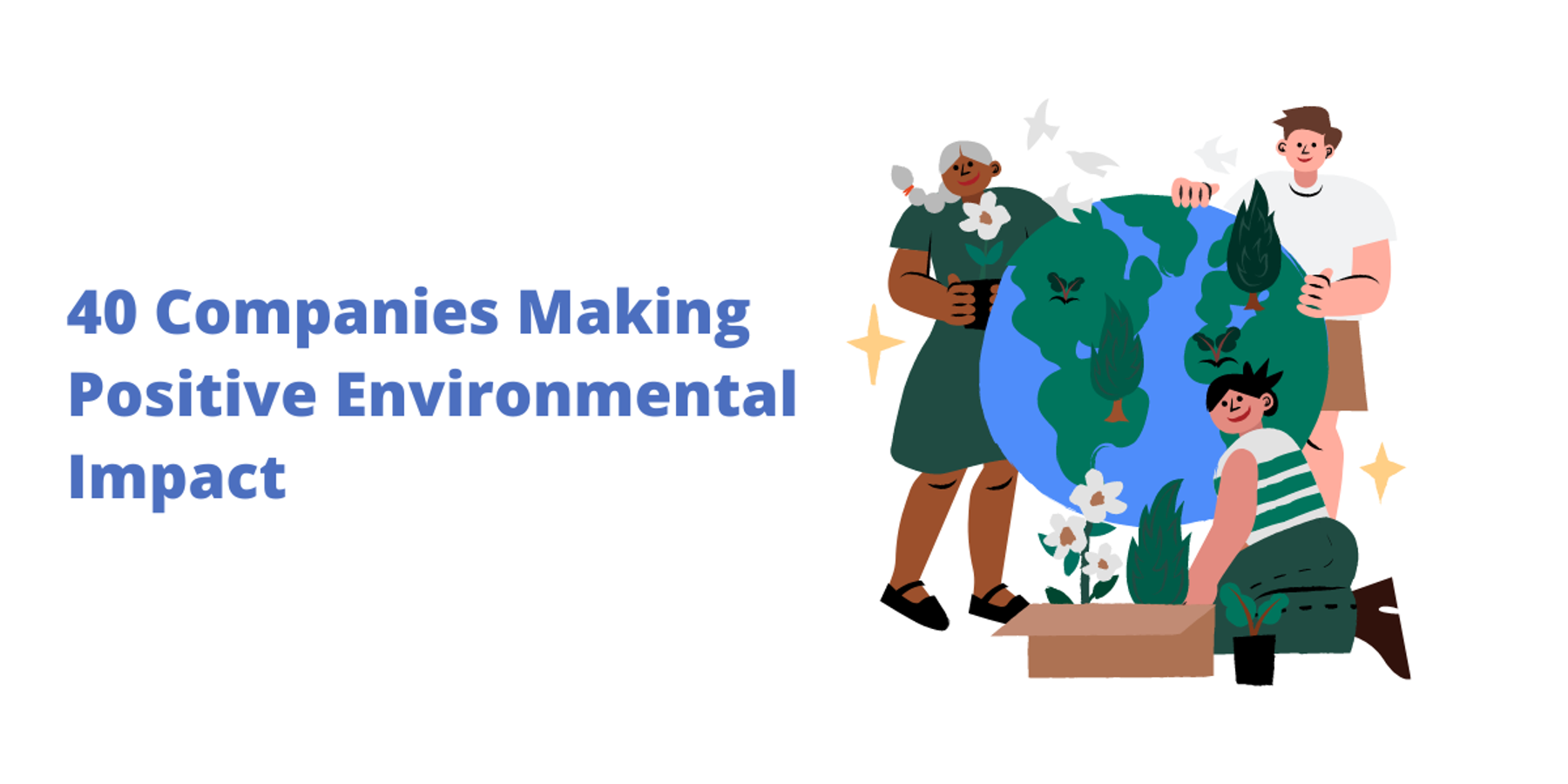Below is a profile piece featuring Rose-Gaëlle, Vice President, Technology at Morgan Stanley. Go to Morgan Stanley's company page on PowerToFly to see their open positions and learn more.
Introduction
Rose-Gaëlle's ("R-G") fascination with technology started at an early age. Her family’s home in Yaoundé, the capital of Cameroon, had a large library where as a young girl, Rose-Gaëlle spent many days reading from a book about inventors and their creations, which sparked her curiosity. “I wanted to be that person -- the one whose inventions made an impact and changed the game," she says.
In high school, she focused on mathematics and physics, and after moving to the U.S., she earned her bachelor's and master's degrees in Software Engineering at Auburn University, where she was also a Graduate Research Assistant in the school’s Intelligent and Interactive Systems Laboratory. She also earned a bachelor’s degree in Liberal Arts from Oglethorpe University as part of a dual-degree program.
After a completing a summer internship in Morgan Stanley’s Prime Brokerage Technology department, Rose-Gaëlle joined the firm’s Technology Analyst Program (TAP) in 2012. She currently works with the User Interface Engineering team, where she focuses on building and maintaining many of the firm’s mobile applications.
How did you find out about Morgan Stanley?
While I was still in graduate school, I had uploaded my resume for a Society of Women Engineers conference that I was going to attend. Soon after, I received a call from a Morgan Stanley recruiter who had seen my resume and wanted to talk to me about a potential summer internship. At first, I was confused. How could my skills transfer to a position within an investment bank? She then explained to me how technology is at the core of the firm’s business, and that Morgan Stanley is the ideal place for motivated and talented people, especially technologists.
I had serious reservations about moving to New York City -- with so many people, not to mention the snow in the winter, it was so different from Atlanta and Auburn, where I had studied, much less Yaoundé! I was also concerned about whether my skill sets would be enough, but soon discovered that as long as you have the potential and are willing to put in the work, your team will help you pick up what you need to succeed in your role.
How have you progressed during your time at the firm?
After participating in the TAP, my first role was in the Listed Derivatives Clearing Technology team, which was very small at the time and facing a tight deadline to complete the implementation and onboarding of a new global, in-house clearing platform. Within a few months, I was managing various important elements of the project, while collaborating with tech teams at external exchanges.
I later moved to the Global Expiry System team, where I worked on several middle-tier and backend components, while supporting internal and external clients.
I’m now a software engineer with the User Interface Engineering team, where I implement mobile platforms, libraries, and other utilities onto our Android initiative. I’m also involved in the firm’s Global Technology Innovation Program, which connects business leaders and innovators to solve the firm's business challenges. In that capacity, I focus on developing concept applications leveraging augmented reality as a visual medium for use with internal and external clients.
Did you have mentors that helped you adjust to working in financial services?
After joining Morgan Stanley, I signed up for the firm's mentorship program, which matches employees based on mutual interests. I was paired with Péter Smulovics, an Executive Director in the Application Infrastructure group. He was also my instructor when I participated in the TAP program and has been a great mentor to me, along with several other employees. He has given us invaluable guidance about owning our job responsibilities, as well as the importance of work/life balance.
My current manager, Paul Goldsmith, who is a Vice President in the Application Infrastructure Group, is another role model. He’s given me great advice about my daily responsibilities, as well as long-term career advancement.
I have also learned so much through colleagues throughout the firm, as well as my immediate co-workers. The team is like a family and we collectively work very hard on complex projects, but we play hard as well. We organize several social events, such as potluck lunches, cricket and chess tournaments, as well as runs in Central Park, which come in handy when we are training for the annual NYC triathlon. We participate in it to fundraise for the Leukemia & Lymphoma society.
What do you say to students about technology opportunities at the firm?
I talk to students about the challenging and exciting projects that are part of my daily tasks, as well as how you really have the opportunity to make an impact in the technology space while expanding your skill sets. I also tell them about how I've learned so much through the various teams I've worked with since I arrived, and as my responsibilities grow, so does my knowledge base.
If you weren’t working in technology, what would be your alternative career?
I love technology, so I’m certain that I would always be involved in it in some way. I would probably be a technology educator, introducing it to future generations. I find that incredibly fulfilling, which is why I’ve enjoyed volunteering with the firm’s initiatives with Girls Who Code, in particular this past summer’s Girls Who Code summer immersion program. I was the internal instructor for the session on the Python programming language, and was so impressed with the projects that the 21 high school-age participants developed over the seven weeks.
I think my love of teaching and volunteering is an outgrowth of my background. For one thing, I come from a large family, and we have a real emphasis on community. We are also taught the importance of being stewards for future generations, so giving back is really second nature to me.




